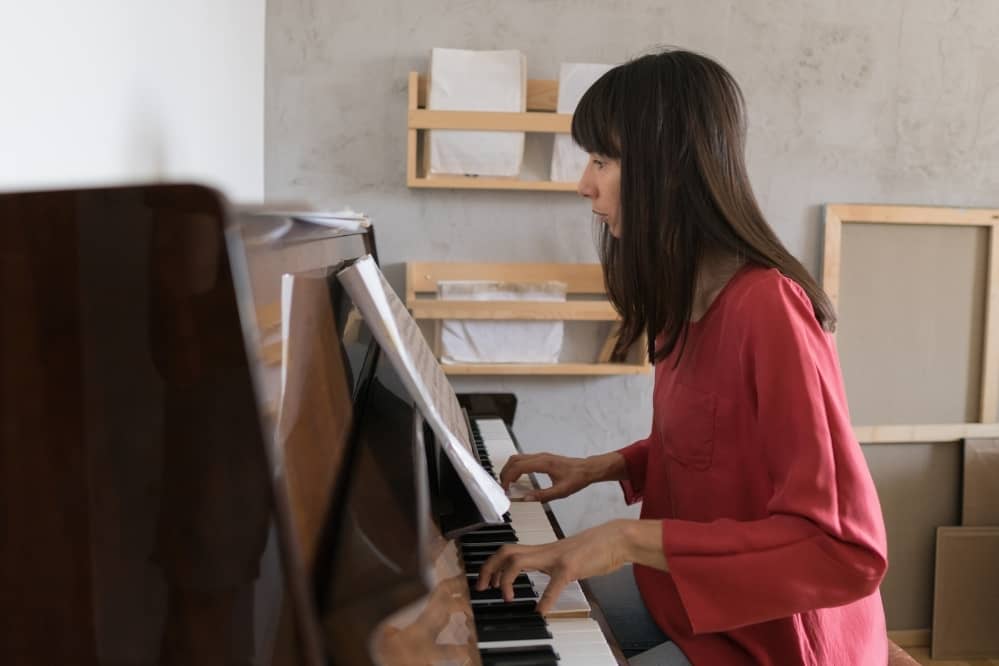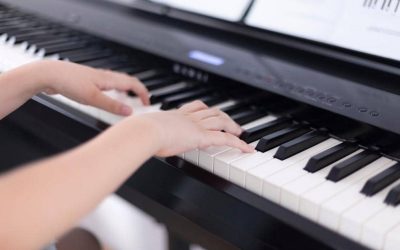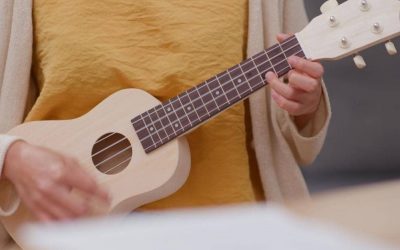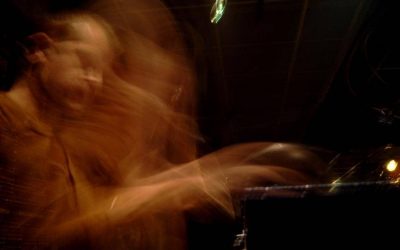Piano is a truly beautiful instrument, and it’s one which many of us wish we knew how to play. If you are looking to learn how to play piano, you might be wondering how exactly to go about this. How are you doing to learn to play the piano, and what do you need to learn it? Here are the things you will need in order to learn piano.
A Piano or Keyboard
The first thing you are going to need to learn piano is of course a piano. You may also choose to go for an electric keyboard, as both these instruments are basically the same.
Yes, there are some differences between keyboards and pianos, with keyboards being much more versatile and technologically advanced, but they both feature the same keys and the same notes.
Learning piano without actually being able to practice on an instrument is not going to go well. Learning any instrument is all about being able to practice, something you won’t be able to do without the instrument itself.
It is recommended that you start off with a fairly inexpensive keyboard, something that won’t cost you an arm and a leg, but will still provide you with a way to practice everything that you are going to learn in the following steps.
A Learning Method
There are various methods for learning piano. Many beginners will benefit from hiring an instructor or piano tutor, or from going to lessons. It’s always easier when someone else shows you how to do it.
If this doesn’t sound right for you, consider taking an online piano course or watching tutorial videos. You may also try to teach yourself how to play with nothing more than some instructional guides, but this is probably not your best bet.
Lots of Time
Before you start learning notes, the keys on the piano, and other such things, something you are going to need is time, and lots of it. As mentioned above, becoming a piano master is all about practice, and the more you practice, the faster you will learn.
It is recommended that you set aside roughly 1 hour every day to learn piano, whether this be in a lesson, online, or by yourself.
If you are a true beginner, it is recommended to stick to 30 to 60 minute practice sessions in the beginning. Newbies usually benefit from shorter training sessions: it is a lot harder to practice for prolonged periods of time and to retain a lot of information in the beginning.
For more experienced pianists, practice sessions may last for up to 3 or 4 hours. At any rate, without some spare time set aside on a daily basis, you will never learn how to play piano. Sure, some people are born with talent, but most of us have to spend hours and hours practicing.
A Basic Understanding of Musical Notes
In order to become a master of piano, the first thing which you will need to have is a basic understanding of musical notes. Learning the various notes on the musical scale may seem intimidating now, but it’s really no different than learning the alphabet.
Without a basic understanding of musical notes, mastering the piano will be nearly impossible. It is recommended to get a beginner’s guide on musical notes so you can familiarize yourself with them. You can find these musical note learning guides online or in any music shop too.
An Understanding of Piano Keys
Now that you have a piano or keyboard, you have some practice time set aside, and you have begun to familiarize yourself with musical notes, the next thing you will need to learn piano is an understanding of piano keys.
Specifically, you need to know which piano keys produce which notes on the musical scale. Once again, it is recommended to get a beginner’s guide, to watch a tutorial video, or to take actual lessons. Having somebody else show you how to do something is always easier than trying to figure it out on your own.
Once you know your musical scales, and once you know which piano keys do what, you can then put it all together can then start practicing simple songs that are very easy to master.
Understanding Timing
Something else you will need to familiarize yourself with before you get to playing songs on the piano is an understanding of timing. Sure, you know your notes and which keys to hit, but without proper timing any song you play won’t sound right.
You need to know how to read music and then how long to hold the keys down based on what the sheet music says; you need to be familiar with whole notes, half notes, and quarter notes.
Something Simple to Play
Finally, once you have all of the technical knowledge you need to play the piano, it’s time to choose a simple song you can practice until you master it, something simple like Jingle Bells. There is no point in starting with a complex and difficult song. Take it easy and start simple.
Conclusion
As long as you have a keyboard or piano, a good learning method, time to practice, and a basic understanding of musical notes, timing, and the keys on the piano, you should have no problems learning how to play.






